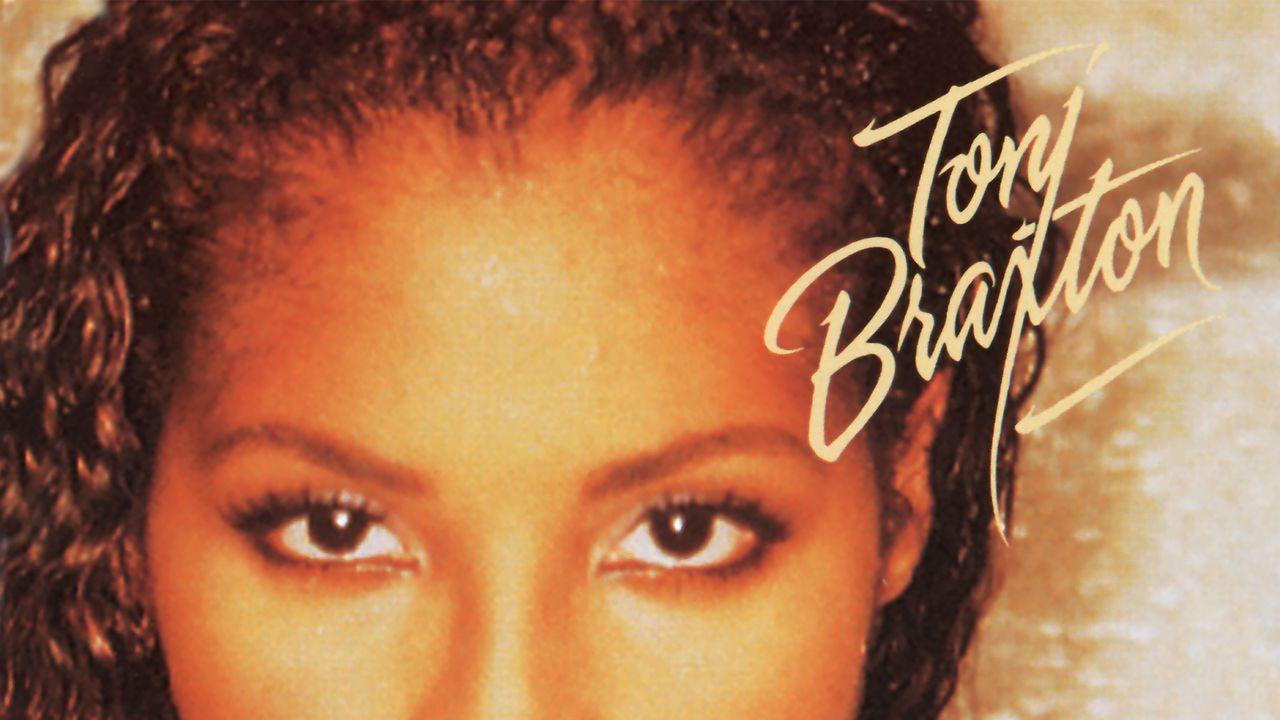Toni Braxton was eager to move beyond her image as a perennial sad girl. But a song about masturbation initially felt like a bit of a stretch. “You’re Makin’ Me High,” with its snaking midtempo bassline and lustful lyrics, sounded different from her usual heartbreak anthems. Her earlier hits—“Another Sad Love Song,” “Breathe Again,” “Seven Whole Days”—were all yearning ballads; co-writer/producer Kenneth “Babyface” Edmonds seemed to be running a sadness gazette on her debut album, writing with old-fashioned flair: “I promise you/That I shall never breathe again.” This time, she’d be moaning about “doin’ it again and again.”
Braxton hesitated at first. “Aren’t we going a little left here?” she asked Babyface, who co-wrote and produced the track with Bryce Wilson, one half of the R&B duo Groove Theory, whose defining ’90s cut, “Tell Me,” has a similarly pulsing, G-funk rhythm. Ultimately, though, she saw it as a necessary evolution. “I don’t want people to think, ‘Why is she always depressed?’” she told Essence ahead of her second album, Secrets, in 1996. “Sad songs seem to work for me, but I don’t want to be redundant.”
She didn’t. The music video confirmed her evolution: Braxton, sporting a white catsuit and a mullet, ogles and ranks a rotating lineup of bachelors in a high-rise suite alongside Vivica A. Fox and Tisha Campbell. The outfit alone marked a clear departure from the cable-knit turtleneck modesty of Braxton’s earlier videos. She had always had a quiet sensuality about her. Here, it’s explicit. Despite that, her label, LaFace, framed Secrets as an expansion of Braxton’s fanbase, not a total reinvention. Public perception said otherwise. As writer Michael A. Gonzales noted in Vibe in 1997 (Braxton posed naked for the cover, gripping a sheet and nothing else), it seemed as if the singer underwent an “image metamorphosis worthy of Kafka,” emerging “more sexy supergirl than girl next door.”
The reinvention was part strategic, part personal growth. At 28, Braxton was still coming into her sexuality. A preacher’s daughter from small-town Severn, Maryland, the self-described “late bloomer” grew up in a strict Apostolic and Methodist household that banned secular music. In interviews, she recalled having to sneak-watch Soul Train as a kid, forgoing teenage indulgences like partying and wearing jewelry. She went from harmonizing with her four sisters in a girl group, the Braxtons, to becoming the first solo female act signed to Babyface and Antonio “L.A.” Reid’s fledgling label LaFace, alongside TLC. With Secrets, Braxton was legitimately breaking away from something—a sheltered upbringing, religion, expectations—and finally centering pleasure. “I was learning about myself and letting people know that even though I’m a P.K. [preacher’s kid], I am my own woman,” she told USA Today in 1997. She went so far as to describe Secrets as her Control moment, a deliberate, provocative pivot toward a more sensual sound. But where Control was a clear artistic emancipation for the youngest, shyest Jackson sibling, Secrets is a much subtler transition, attempting to reconcile Braxton’s traditional soul roots with a sexier, more youthful edge.
